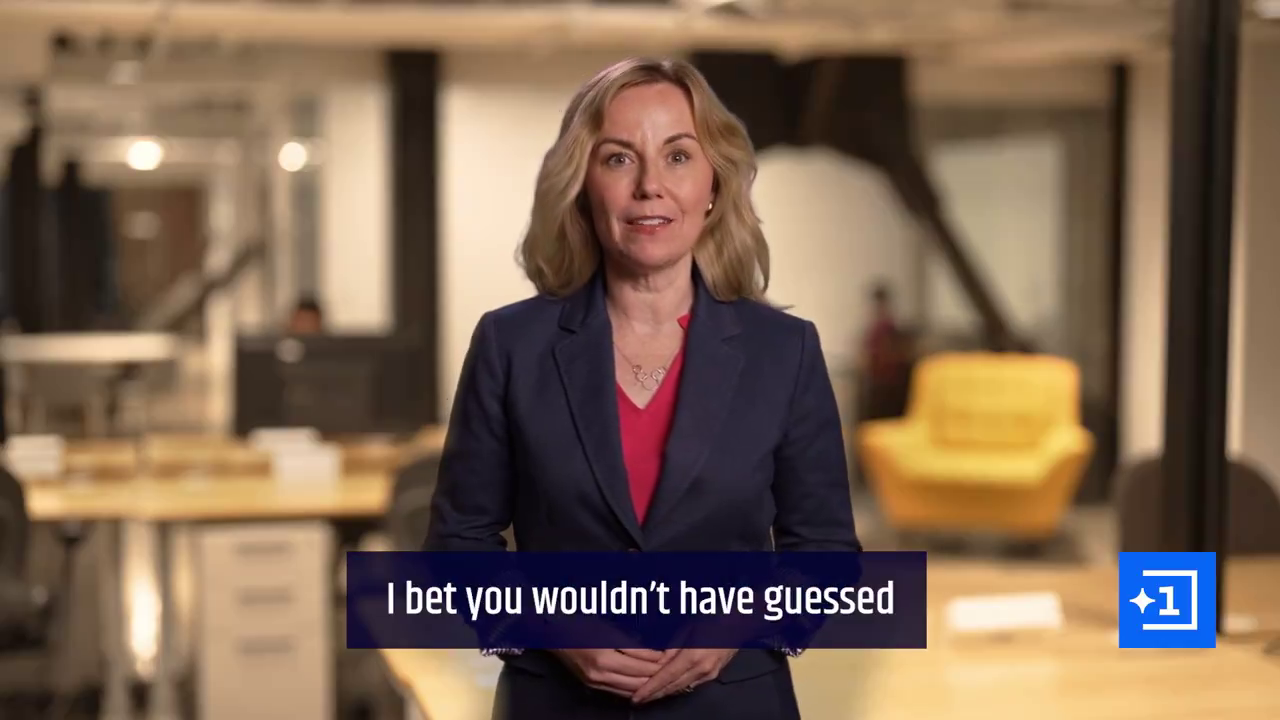
Words you don't want to hear from a sitting judge: "I don’t appreciate being misled."
AI has many uses—or at least that’s what we keep being told—but one area where it might do some good is helping with the notoriously complex legal process. After all, should you find yourself faced with the task of self-representation in an upcoming court case, perhaps an AI may be able to present your arguments more successfully than you. Jerome Dewald tried just that in the New York State Supreme Court last month, but the judges were far from impressed by his creative use of technology.
Dewald was representing himself as a plaintiff in an employment dispute, APNews reports, but felt that an AI avatar would deliver his opening presentation better than he could due to a tendency to mumble and trip over his words. He first attempted to generate a digital replica of himself with “a product created by a San Francisco tech company”, but when he ran out of time he used a generic avatar instead.
His AI representative was displayed on a video screen in the court as a “smiling, youthful-looking man with a sculpted hairdo, button-down shirt and sweater.” Unfortunately for Dewald, his AI-stand in was rumbled almost as soon as the pre-generated video began.
Presenting Dewald’s argument with the line “may it please the court, I come here today a humble pro se before a panel of five distinguished judges,” the AI counsel was interrupted by judge Manzanet-Daniels almost immediately:
“Okay, hold on, is that counsel for the case?” she interjected, before demanding the video be shut off. “I generated that. It’s not a real person” responded Dewald, attracting Manzanet-Daniels apparent ire.
“It would have been nice to know that when you made your application. You did not tell me that, sir… I don’t appreciate being misled.”
“They chewed me up pretty good,” said Dewald, in a later interview with AP News. “The court was really upset about it.”
Ouch. Dewalk later wrote an apology to the court, explaining his tendency to stumble over his words and that he hadn’t intended any harm. He had, however, asked for permission to play a prerecorded video, although apparently this did not give him consent to use an AI avatar to present his arguments.
It’s not the first time we’ve heard about the intersection between AI and legal services. Legal advice startup DoNotPay offers an AI legal assistant to help defendants with court proceedings, although the company found itself under the scrutiny of the FTC last year for a perceived lack of testing to back up its effectiveness claims.
Best gaming PC: The top pre-built machines.
Best gaming laptop: Great devices for mobile gaming.
Nor is it the first time AI avatars have been used as stand-ins for real people. News startup Channel 1 showed off a proof-of-concept video of AI news hosts last year, and the results were quite convincing.
However, this might be the first use of an AI avatar making arguments in a US court. Not that the AI representative got much past its preamble, but still, firsts are firsts. And given the often ridiculous expense associated with court proceedings, it does strike as a potentially useful workaround for those without access to a good lawyer—or the funds to pay one, at the very least.
Still, it didn’t pass muster in this particular instance. While I’d be very surprised if summarisation tools like ChatGPT weren’t being used all over the legal system at this point to scythe through complicated legal documents, it appears it may be a while yet before AI representation sets a legal precedent of its own.





